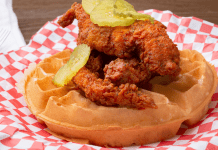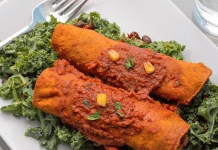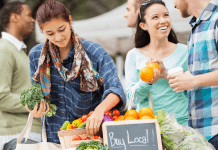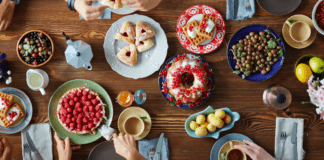Passover — also known as Pesach — is one of the most important high holidays in the Jewish calendar. The week-long holiday commemorates the anniversary of the Jews’ exodus from Egyptian slavery as it is explained in The Bible. This year, Passover starts at sundown on April 15-April 23.
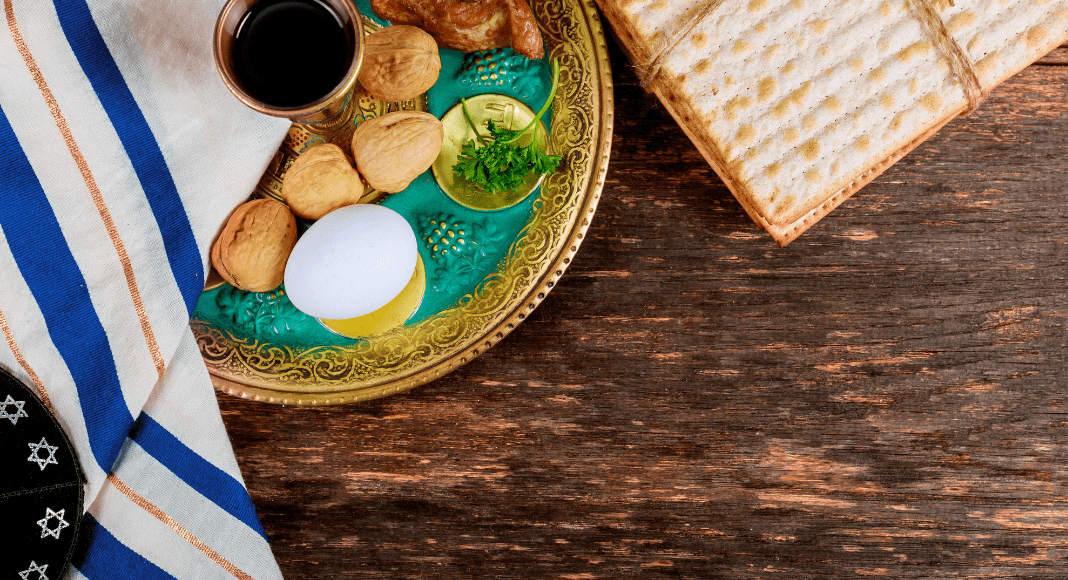 It is traditional for families and groups of friends to hold a Passover Seder on the first night of the holiday, where participants read from the Haggadah and partake in a symbolic ceremony that commemorates Jews’ plight while enslaved in Egypt and their miraculous escape.
It is traditional for families and groups of friends to hold a Passover Seder on the first night of the holiday, where participants read from the Haggadah and partake in a symbolic ceremony that commemorates Jews’ plight while enslaved in Egypt and their miraculous escape.
Highlights of the Seder include drinking four cups of wine, tasting portions of the Seder plate while reciting blessings, summoning the children at the dinner table to ask symbolic questions, and eating matzah – a cracker-like food that reminds us how when our ancestors left from Egypt, there was no time to allow the bread to rise.
At most Passover meals, it’s traditional to have a Seder plate with six different symbolic foods, each of them a central thread of the Passover narrative:
- Karpas – A vegetable (typically parsley, celery, or potato) dipped in saltwater and eaten. The saltwater is symbolic of the tears shed by the Jews during Egyptian slavery.
- Lamb Shank or bone – A piece of roasted meat represents the lamb that was the special paschal sacrifice on the eve of the exodus from Egypt, and annually on the afternoon before Passover in the Holy Temple.
- Egg – A boiled egg is reminiscent of the specific festival sacrifice offered on Passover in the days of the Holy Temple.
- Bitter Herb – A bitter vegetable is eaten (typically raw horseradish, endives, or romaine lettuce), to symbolize the bitterness of slavery.
- Haroset – This sweet mixture often made with apples, nuts, cinnamon, and red wine serves to remind followers of the dark mortar used in building while the Jews were slaves. Maror is usually dipped in Charoset and eaten before the Seder meal.
There are numerous customs associated with Passover that vary between families and their heritages and backgrounds. According to tradition, it’s customary to abstain from any foods or beverages that contain a grain that has risen – including beer, cakes, pasta, cookies, baked goods, and more.
It is also customary to conduct a Passover cleaning – clearing the home of all foods and products made with leavened dough. Jewish sages explain that the characteristic of leavened dough is to rise and swell – much like a person’s ego and pride.
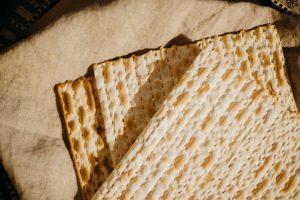 Matzah is thin and flat and suggests humility. The observance of Passover is viewed by many as a measure of self-sacrifice, absolution, and recognition of ego-driven transgressions.
Matzah is thin and flat and suggests humility. The observance of Passover is viewed by many as a measure of self-sacrifice, absolution, and recognition of ego-driven transgressions.
Does your family have a special way to celebrate Passover? Share in the comments below.




